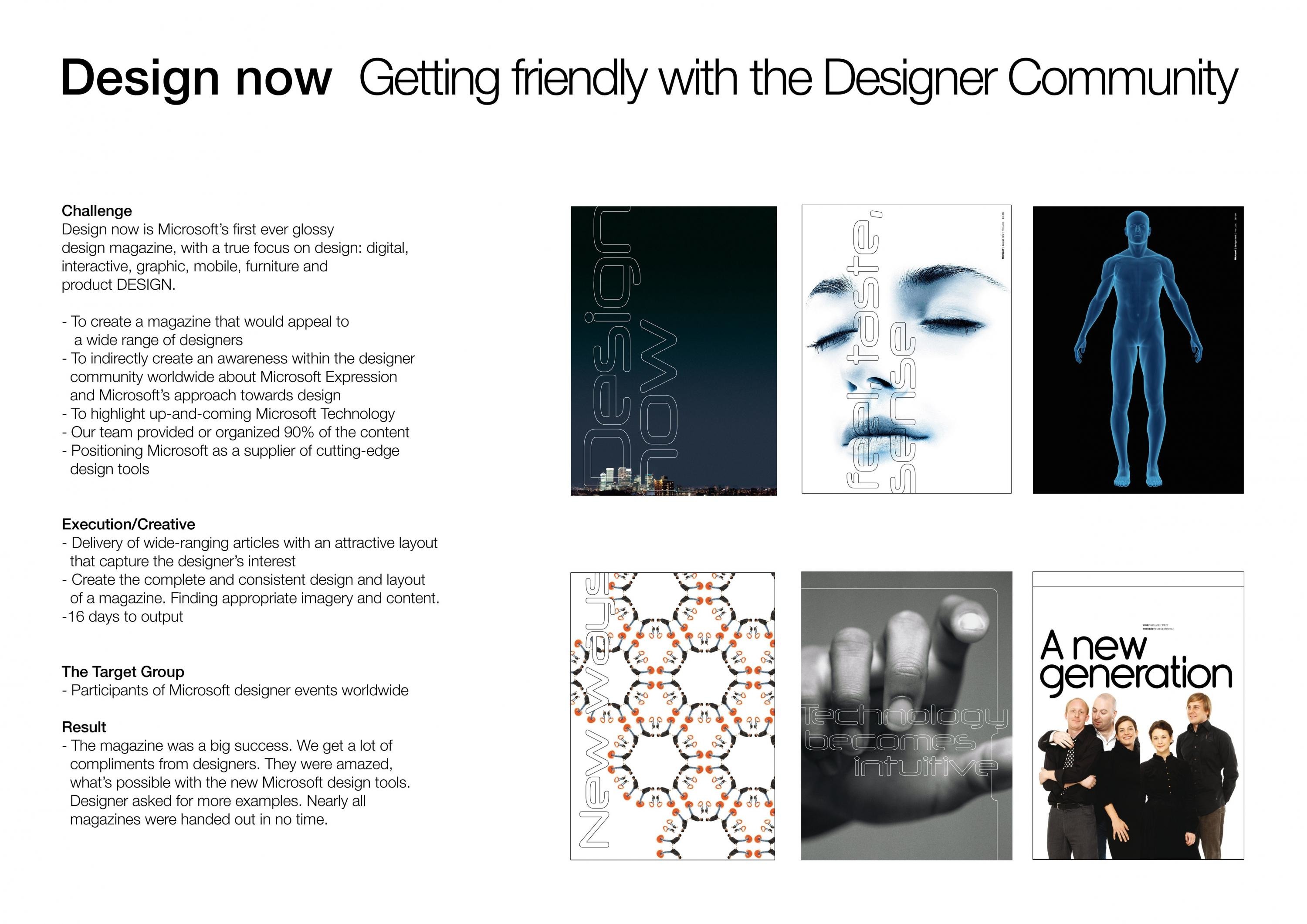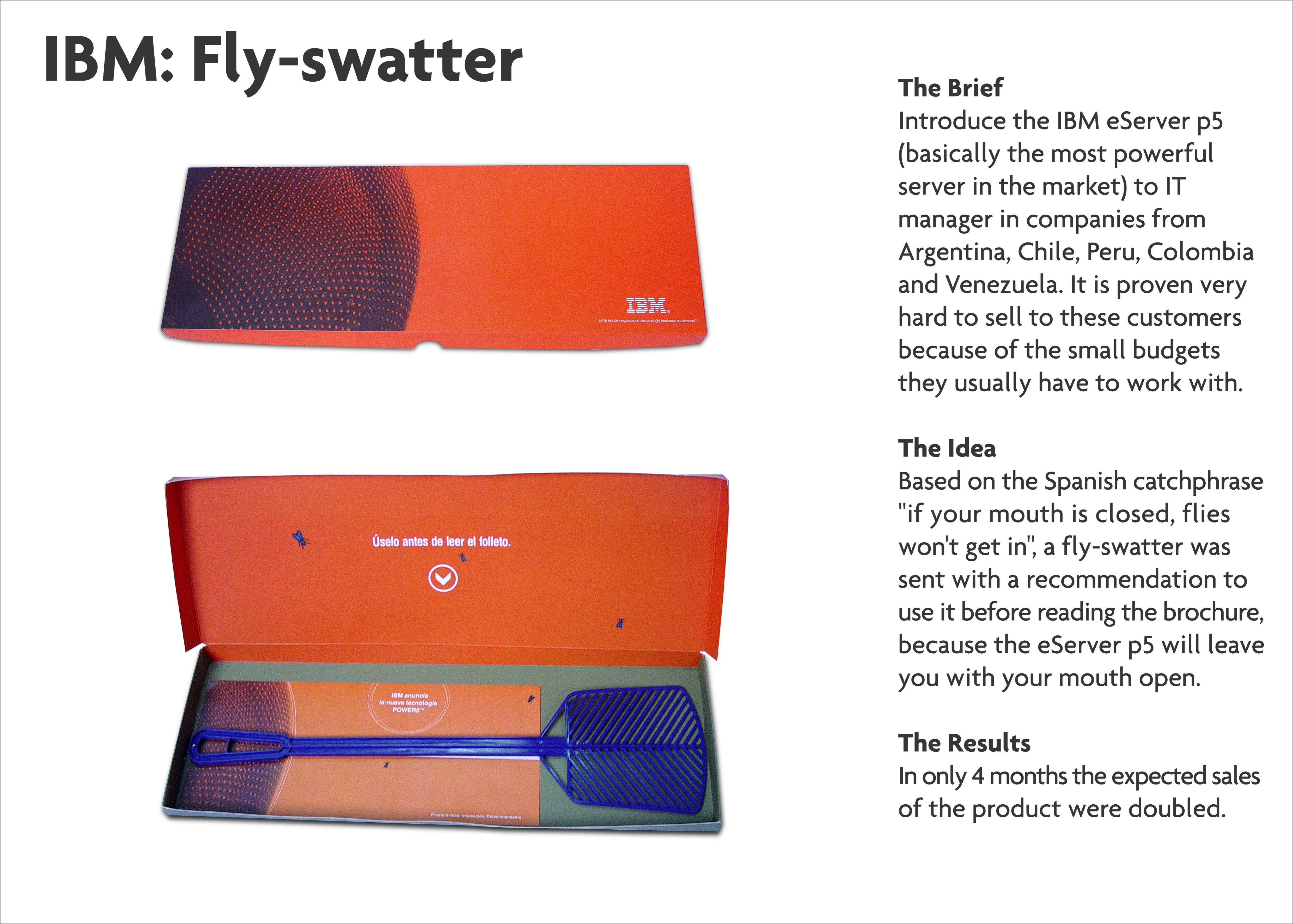Eurobest
Alive Memory
FRIENDS , Moscow / GOOGLE / 2016
Overview
Entries
Credits
OVERVIEW
Description
Despite the obvious improvement of product quality at the Russian market, target group was still seeing Google as something foreign and distant. To win the trust of our consumers we had to demonstrate the deep understanding of local insights and national mentality. Being a foreign brand, it was a priority for Google to express its desire and right to participate in the event of such high importance for the entire nation. To prove that Google can be relevant for Russian culture, we found locally relevant topic for the new brand campaign for Google and obviously The Victory Day celebrated on May 9th was one of the possibilities. WW II has taken more than 25 million lives and impacted more than 46 million families in Soviet Union. Every single family in modern Russia has some connection to war victims. According to open sources there were more than 25 million dead in the war, and in the span of it more than 6 billion letters were sent. Wartime letters are unique historical evidence, documented memories, feelings, thoughts and fates of people who sacrificed their lives for peace in their country. Yet lots of these letters are lost, and those that still exist are kept in local archives, small town museums or simply family albums. There is no common public database! The memory of war that has taken millions of lives is fading away just like ink. We decided to use technology to rescue these letters before they are gone forever. Together with Google we collected the largest online archive of wartime letters in Russia: the Alive Memory project. On the project’s website we brought together into the interactive database not only the letters kept in museums, but also private letters from family archives of our compatriots. At the end of the day these private letters became the majority of the archive. The collection process is ongoing. We turned the collated letter database into an actual online monument and launched an action in honor of victory, where these letters would be read. On the project web page users could read the letters in chronological order, see who has sent them and where. Some of readings were done by local celebrities and were available in video format. Because of that in our Alive Memory project not only we had no limitations to target group, but rather attempted to make project relevant for every citizen of Russian Federation and CIS countries. We put extra effort into building interest of young audience – people whose knowledge about WWII is less tangible. Do achieve that we invited trendsetters: young contemporary artists, poets, dancers, musicians – to tell the story of the war through their creativity and engage their followers contemporary artists, poets, dancers, musicians – to tell the story of the war through their creativity and engage their followers.
Similar Campaigns
12 items



